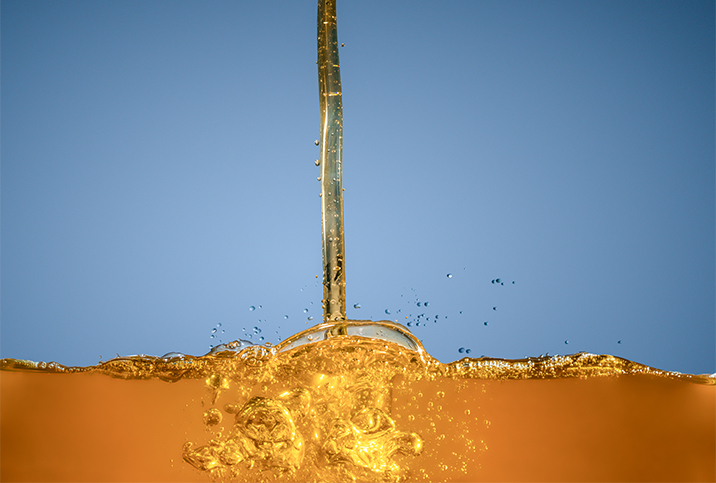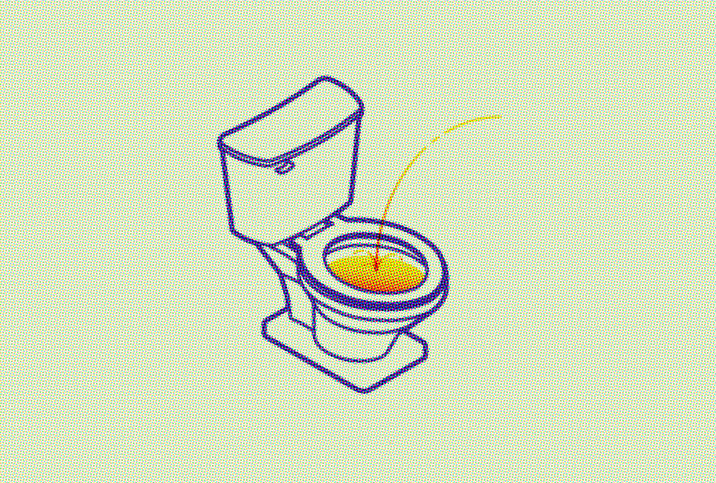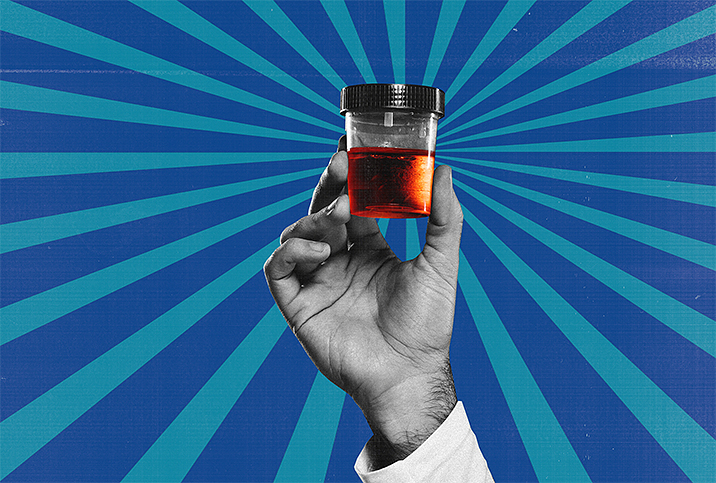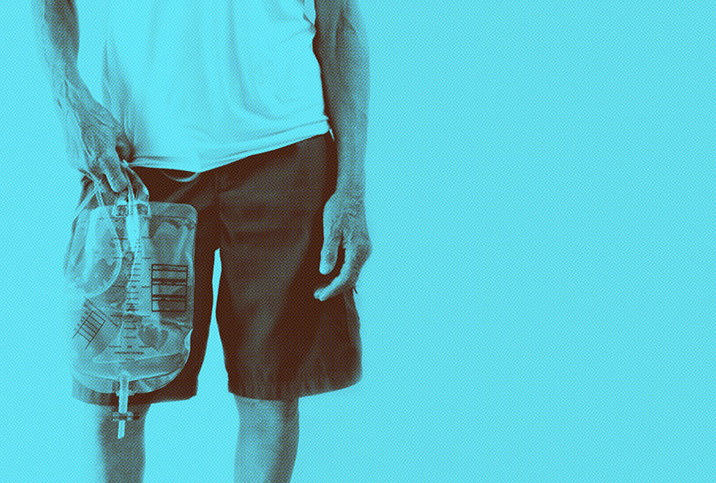Two Prostate Conditions May Be Why You're Peeing So Much
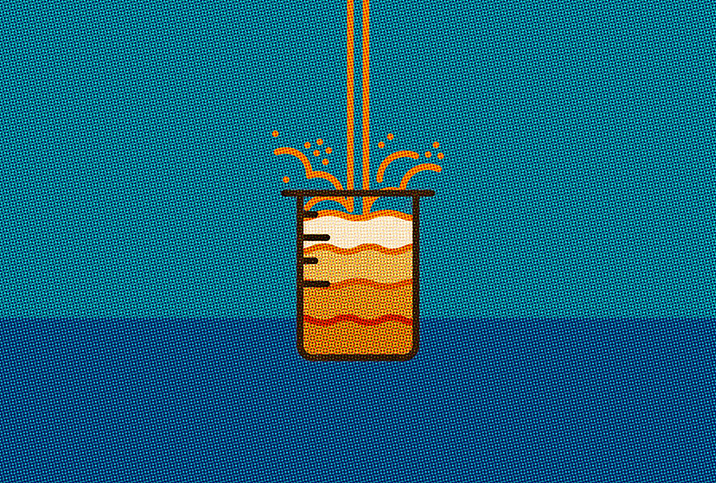
Do you find yourself walking to the bathroom every hour or experiencing embarrassing urine leaks? If so, benign prostatic hyperplasia (BPH) or prostatitis might be to blame.
Understanding more about prostate issues and how much urination is too much allows you to seek treatment for your condition. It may also help you experience a better quality of life and reduce the risk of complications.
What is BPH?
BPH refers to an enlarged prostate gland or inflammation of the prostate caused by something other than prostate cancer. While the exact cause of BPH isn't entirely clear, changes in hormone levels in aging men, fibrosis and inflammation may play roles in its development. Benign prostatic hyperplasia is not a cancerous condition.
Any man can experience prostate problems, but BPH is more common in men older than age 50. Symptoms are more prevalent with increasing age, and your risk of developing the condition increases if you have a family history of BPH.
What is prostatitis?
Prostatitis is the inflammation or swelling of the prostate gland. Its cause depends on the form of prostatitis or type of prostatitis. An infection, chemicals in the urine, previous urinary tract infections (UTIs), nerve damage in the pelvic area and emotional stress can contribute to chronic prostatitis.
UTIs, for example, increase your risk of getting bacterial prostatitis.
While prostatitis can affect any man, the condition is more common in men younger than age 50.
Symptoms of prostate problems
If you have a prostate problem such as BPH or prostatitis, you may notice the following signs or symptoms:
- Going to the bathroom frequently
- An urgent need to urinate
- Problems urinating
- Bladder control issues
- Leaking or dribbling urine
- A weak urine stream
- Discomfort in your penis or scrotum
- Pain between your anus and scrotum
- Discomfort in your lower back or belly
- Inability to empty your bladder completely
- Fever, chills or body aches
- Waking up to urinate during sleep
- Urine with an unusual color or odor
- Pain with urination
- Pain with ejaculation
See your doctor any time you experience new or unusual urinary symptoms. The earlier you get tested and treated for a prostate problem, the better the outcome.
Too much peeing?
The number of times you normally urinate in a day varies based on your fluid intake. Your body size, composition and how much fluid you lose through sweat also play a role. General guidelines suggest that most people urinate six to eight times in a 24-hour period.
If the number of times you urinate suddenly increases or you have difficulty making it to the bathroom in time, you could have prostatitis or BPH.
How serious are prostate problems?
To avoid complications associated with prostate conditions or to rule out prostate cancer, it's important to see your doctor at the first sign of new urinary symptoms. Untreated prostate disorders can lead to UTIs, problems during sex, stress, bladder stones and kidney stones.
Diagnosis of prostate problems
To diagnose a prostate problem and develop an effective treatment, your doctor will review your symptoms. They will also complete a personal and family medical history, and complete a physical exam, including a digital rectal exam (DRE). Your doctor might recommend urine tests, blood tests, diagnostic tests on your lower urinary tract, an ultrasound or a prostate biopsy.
Treatment for BPH and prostatitis
BPH and prostatitis are treatable conditions. Your personalized treatment plan depends on the type and severity of your case.
Chronic prostatitis
Treatment for chronic prostatitis often includes medications to relax the muscles in your bladder and prostate. Home remedies include relaxation exercises, physical therapy and warm baths.
Bacterial prostatitis
If you have bacterial prostatitis, taking antibiotics can kill the bacteria. Drinking more fluids can maximize your treatment outcome.
BPH
BPH treatment options can include watchful waiting, lifestyle changes, medications and surgery.
Lifestyle changes that can ease BPH symptoms include reducing caffeine and alcohol and avoiding medications such as allergy and cold medicines that affect your bladder. Some medications can stop prostate growth or even shrink your prostate. Others relax bladder and prostate muscles.
In some cases, your doctor may recommend surgery to remove all or part of your prostate gland.
If you think you're urinating too much, see your doctor to find out if a prostate problem is the cause. And if BPH or prostatitis is to blame, understand that they're both common, treatable conditions.
Concerned about any urinary issues? Talk to a medical professional who can take your history and evaluate your situation. If you don't have a doctor you see regularly, telehealth makes it easy to connect with one.
Giddy Telehealth is an easy-to-use online portal that provides access to hundreds of healthcare professionals whose expertise covers the full scope of medical care. Many of them offer same-day video visits.












